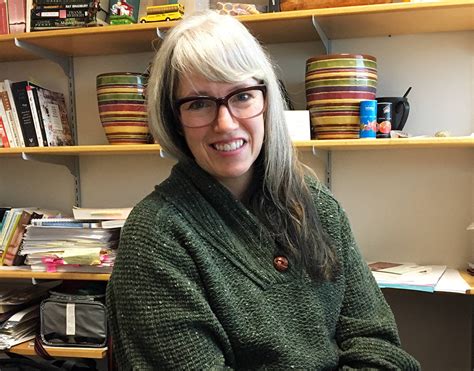A Quote by Kim Dotcom
The very powerful and the very stupid have one thing in common. Instead of changing their views to fit the facts, they try to change the facts to fit their views.
Related Quotes
It often seems to me that's all detective work is, wiping out your false starts and beginning again." Yes, it is very true, that. And it is just what some people will not do. They conceive a certain theory, and everything has to fit into that theory. If one little fact will not fit it, they throw it aside. But it is always the facts that will not fit in that are significant.
It surely can be no offence to state, that the progress of science has led to new views, and that the consequences that can be deduced from the knowledge of a hundred facts may be very different from those deducible from five. It is also possible that the facts first known may be the exceptions to a rule and not the rule itself, and generalisations from these first-known facts, though useful at the time, may be highly mischievous, and impede the progress of the science if retained when it has made some advance.
It's very rare to find a place where news itself has a political bent. Normally, let's say in the U.K. for instance, newspapers might explicitly support one party or the other, but television is just straight-up facts that are not influenced by any party from either side. In South Africa we try to maintain the same thing. Unfortunately, the government sometimes intervenes, but for the most part, the facts are the facts.
A man is called affected, nowadays, if he dresses as he likes to dress. But in doing that he is acting in a perfectly natural manner. Affectation, in such matters, consists in dressing according to the views of one's neighbour, whose views, as they are the views of the majority, will probably be extremely stupid.
The first job of the historian and of the journalist is to find facts. Not the only job, perhaps not the most important, but the first. Facts are the cobblestones from which we build roads of analysis, mosaic tiles that we fit together to compose pictures of past and present. There will be disagreement about where the road leads and what reality or truth is revealed by the mosaic picture. The facts themselves must be checked against all the available evidence. But some are round and hard--and the most powerful leaders in the world can trip over them. So can writers, dissidents and saints.
[The scientist] believes passionately in facts, in measured facts. He believes there are no bad facts, that all facts are good facts, though they may be facts about bad things, and his intellectual satisfaction can come only from the acquisition of accurately known facts, from their organization into a body of knowledge, in which the inter-relationship of the measured facts is the dominant consideration.
Only to often on meeting scientific men, even those of genuine distiction, one finds that they are dull fellows and very stupid. They know one thing to excess; they know nothing else. Pursuing facts too doggedly and unimaginatively, they miss all the charming things that are not facts. ... Too much learning, like too little learning, is an unpleasant and dangerous thing.



































